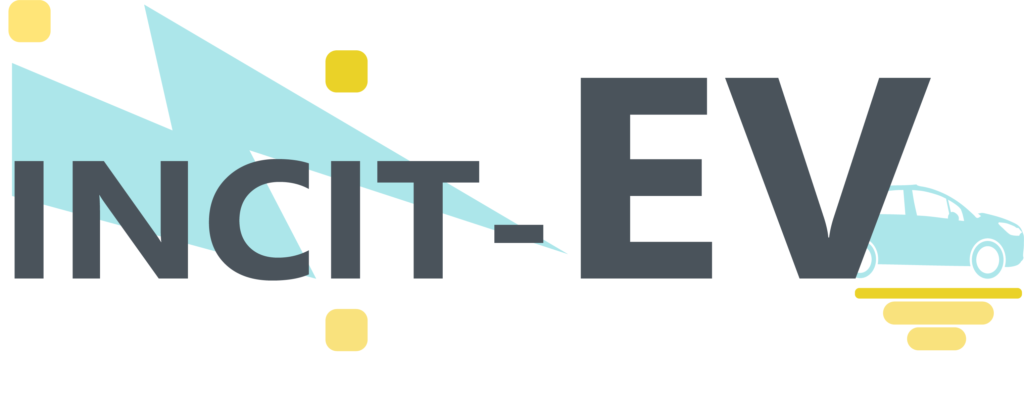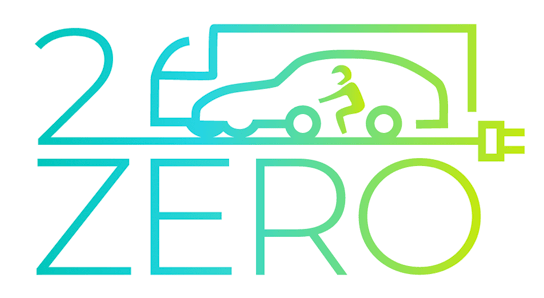INCIT-EV
Large demonstratIoN of user CentrIc urban and long-range charging solutions to boosT an engaging deployment of Electric Vehicles in Europe

- Framework: Horizon 2020
- Type: IA
- Status: Ongoing
- Category: Electrification (FEV/PHEV)
- End Date: 31/12/2023
- Vehicles: Passenger cars
INCIT-EV aims to demonstrate an innovative set of charging infrastructures, technologies and its associated business models, ready to improve the EV users experience beyond early adopters, thus, fostering the EV market share in the EU. The project will seek the emergence of EV users’ unconscious preferences relying on latest neuroscience techniques to adapt the technological developments to the users’ subjective expectations. 5 demo environments at urban, peri-urban and extra-urban conditions will be ready for the deployment of 7 use cases, addressing:
- Smart and bi-directional charging optimized at different aggregation levels
- Dynamic wireless charging lane in an urban area
- Dynamic wireless charging for long-distance (e-road prototype for TEN-T corridors)
- Charging Hub in a park&ride facility
- Superfast charging systems for EU corridors
- Low power DC bidirectional charging infrastructure for EVs, including two-wheelers
- Opportunity wireless charging for taxi queue lanes in airports & central stations
These use cases pursue innovations in the current charging solutions as well as their seamless integration into the existing transport, grid, ICT and civil infrastructures. For this purpose, the INCIT-EV Platform will be developed comprising a DSS and a set of APPs addressing the users and e-mobility stakeholders’ needs.
As a result, INCIT-EV will engage 3,475 private EV drivers, as well as 10 local communities, 4 Taxis cooperatives, 4 car sharing and 4 LEVs sharing companies. In total, the project will mobilise directly an investment on the use cases of 8.872 M€.
INCIT-EV consortium counts with 33 partners, including 3 OEMs, 6 charging technology providers and 5 public authorities, 6 RTOs, 2 ICT companies, 2 road infrastructures companies, 4 DSOs, 2 TSOs, 2 SMEs with expertise in user behaviour and e-mobility exploitation, a car sharing services SME and a EV users association. Finally, ENTSO-e or the TInnGo project on gender issues support the project.
